Things you may learn from your dog
Discovering canine philosophy

THINGS DOGS TEACH US ABOUT LIFE
Reading time about 10 minutes
Dogs are, just like humans, emotional beings. They feel, think and reason, sometimes even to the point of teaching us life lessons that, despite us being a more developed species than them, we tend not to internalize as much. Lessons that could surely lead us to happiness, and through which dogs reflect their great emotional intelligence.
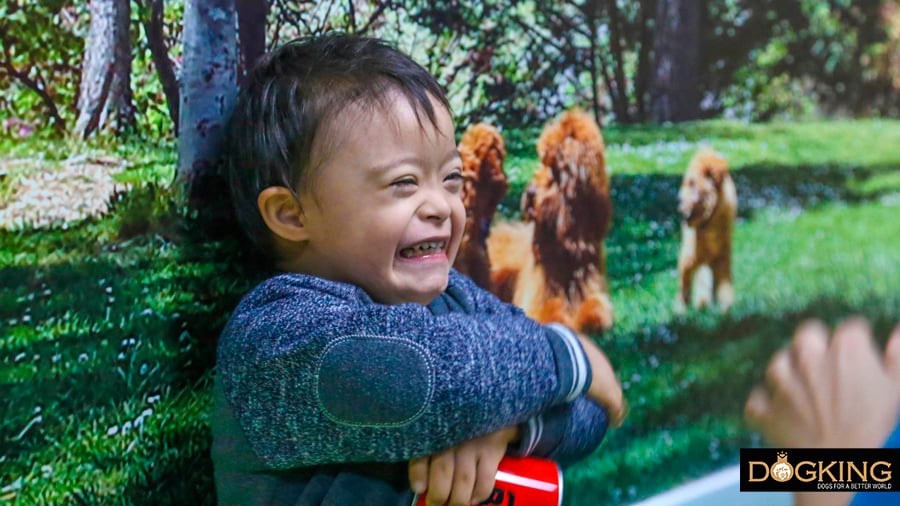
Table of contents
1- 7 Life lessons taught by dogs
2- Everything the Australian Cobberdog has to teach you
7 Life Lessons taught by dogs
1. Unconditional love and loyalty
Your dog isn't going to care if you have the biggest house, the most expensive car, or whether or not you have a swimming pool. It will love you and show affection regardless of your physical appearance and of your material things, since for it the most beautiful thing about you will always be that you are part of its life. That is one of the most remarkable characteristics of dogs, the pure, real and transparent love they give you, whether there is reciprocity on both sides or not. A love that may be translated into loyalty, and a loyalty that will make your pet put your safety above its own.
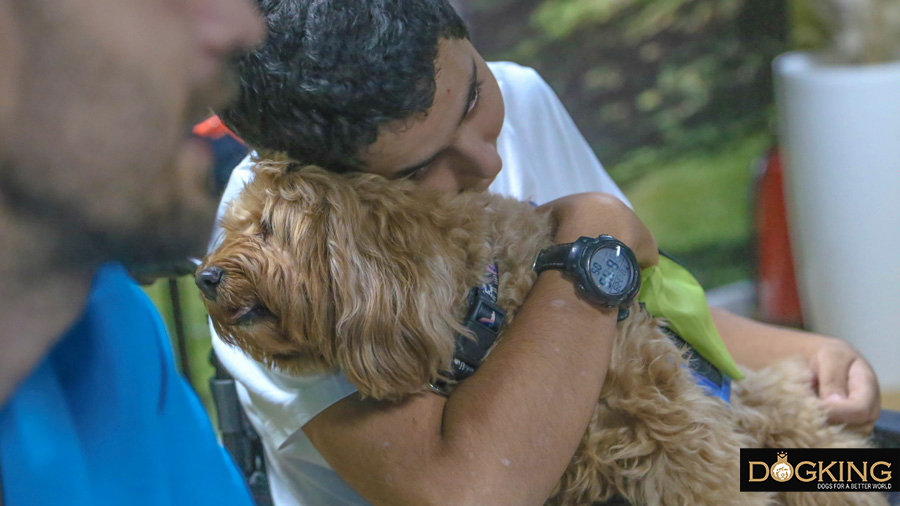
2. The importance of body language
It is curious how we manage to understand what our dog is saying to us without telling a word, only because of the things it does. Lean on you, wag its tail, stay by your side, give you support when you aren’t at your best... And despite the fact that there are people who claim to be there for you, in the end it is the facts that speak for themselves, and in that sense, a dog will certainly never let you down.
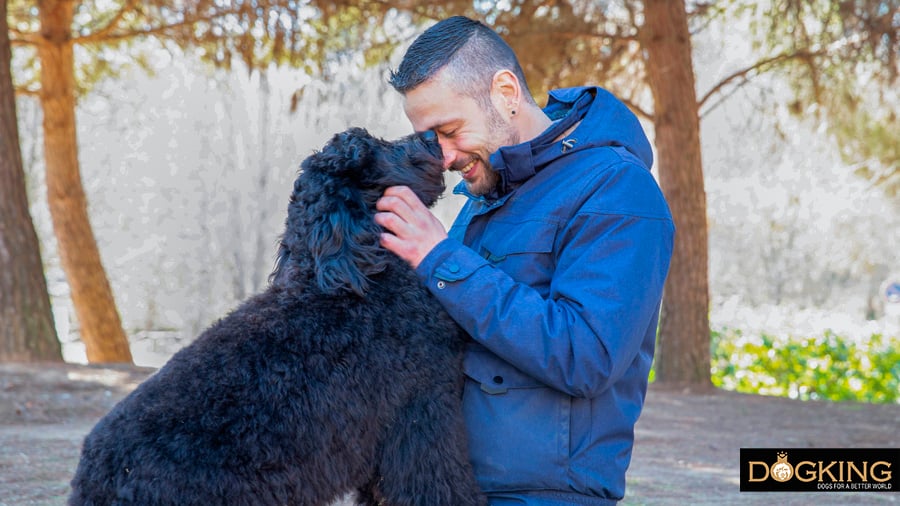
3. Be happy with less
Today it is common to fall into a materialistic thought given the degree of development of the society in which we live. For a dog, seeing you finally come home or knowing that you are going for a walk is more than enough reason to be happy. What's more, showing enthusiasm day after day for their favourite moments only indicates us the great value that these animals place on little things. Things among which affection is of great importance, thus demonstrating that an improvement in the quality of life isn't necessarily given by what you have, but by who you may share it with.
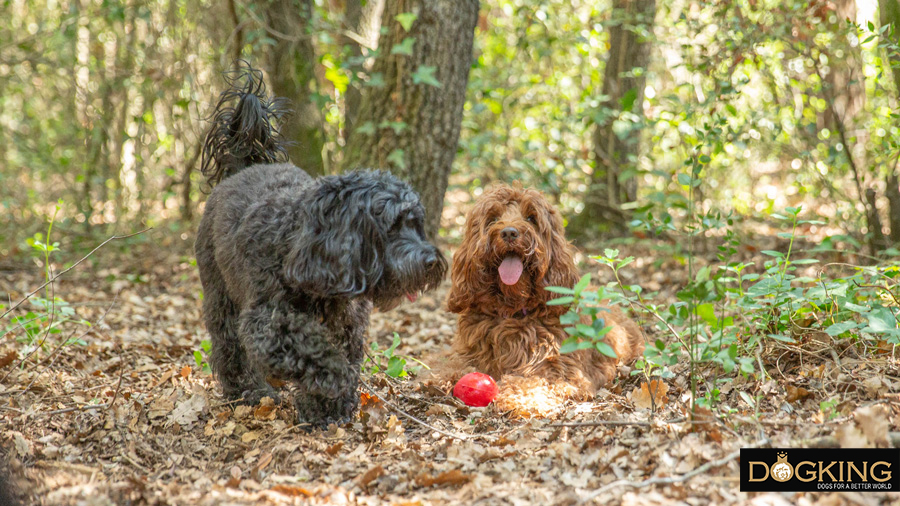
4. No prejudice or discrimination
Whether it is because they belong to a certain breed, have a disability, or are of a certain color or sex, dogs will never judge themselves or us. Their species don’t understand prejudice, unlike ours, the main reason being the differences between our socialization process and theirs.
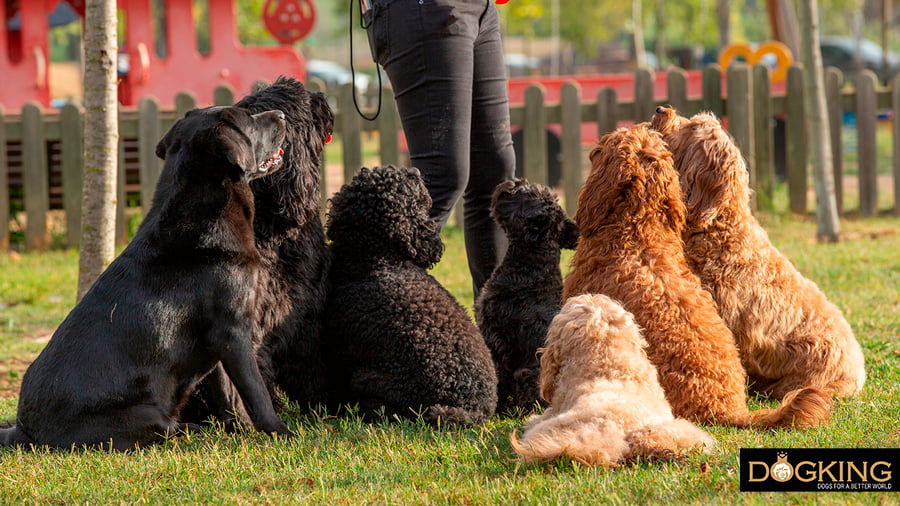
5. Explore the world around them
Something very common in dogs is their great tolerance to circumstances that usually cause us fear. Going for a walk at night, going into a forest, or protecting yourself from strangers, even if they are dangerous, are some of the many signs of courage that dogs express instinctively, and that not all humans would be able to carry out. Our furry dogs aren’t afraid of the world around them, because they are interested in knowing as much as possible about it. This means that, although people have greater freedom, we question everything that may be missing out for not leaving our comfort zone.

6. Live more in the present
Dogs teach us that if you want to play, you are never too old for it. If you feel like eating, you shouldn't deprive yourself of anything. If you are tired, there is no reason to feel bad about sleeping. And if you feel like greeting other dogs in the park, there is no reason to think you will get a bad response. In general, dogs are concerned with doing what their instinct tells them to do, enjoying every moment since, after all, they are acting based on what their natural condition dictates. They don’t live thinking about what people will say or future worries, so they don't see any limitation in doing something freely, especially if it means meeting their basic needs.
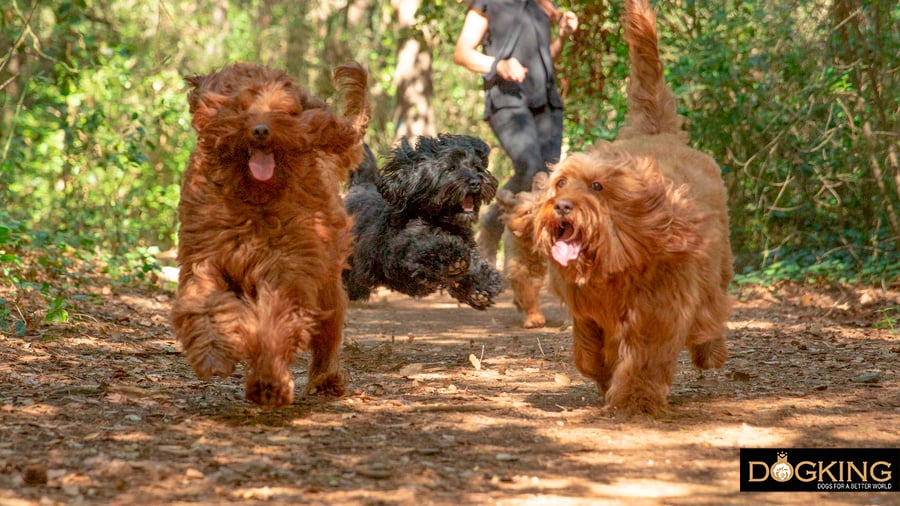
7. Forgiveness
It is surprising how even dogs that have suffered abuse of some kind are able to forgive and trust people again so quickly. People, on the other hand, tend consciously or unconsciously to hold a certain grudge or pride for something or someone who has hurt them. This makes us appreciate the level of empathy that these animals can reach, always giving second chances and not generalizing the behaviour of one individual over others. After all, not everyone is bad, so our past experiences shouldn't deprive us of opening up to people in the future.
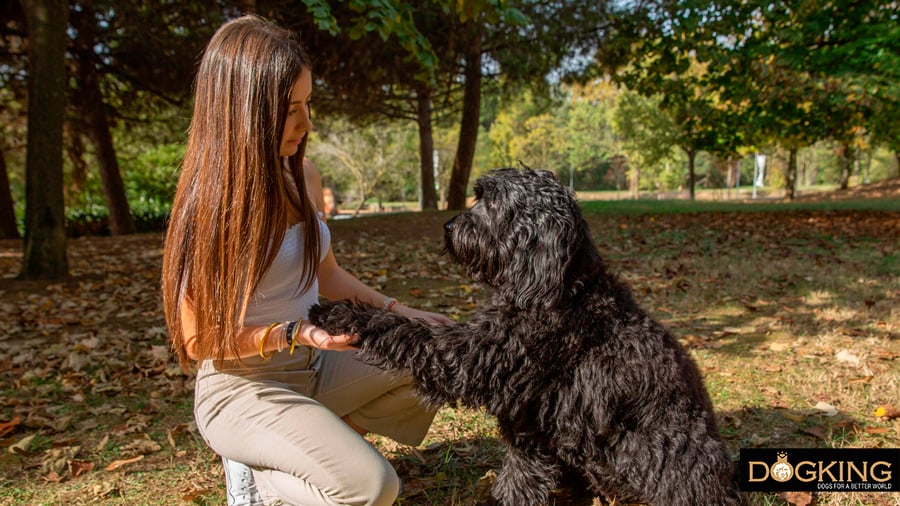
Everything the Australian Cobberdog has to teach you
Australian Cobberdogs understand that their main purpose is to improve the lives of those around them. Whether inside a home, in AAI (Animal Assisted Interventions) sessions, or in therapy centres, this breed carries values engraved in their DNA that make them an example of kindness, understanding, and gentleness. So, if you have already noticed how intelligent, sentimental, humble and affectionate dogs can be, you have no idea of the level that Australian Cobberdogs may reach.
All this can be reflected in the therapies given to people with special needs, who during the session show a change in their outlook on life. A vision that these dogs manage to spread, and that leads the users to want to continue fighting in their treatments and to see their situations from a more positive point of view. It is the illusion and enthusiasm that they gain in each therapy that they then transfer to other areas of their lives.
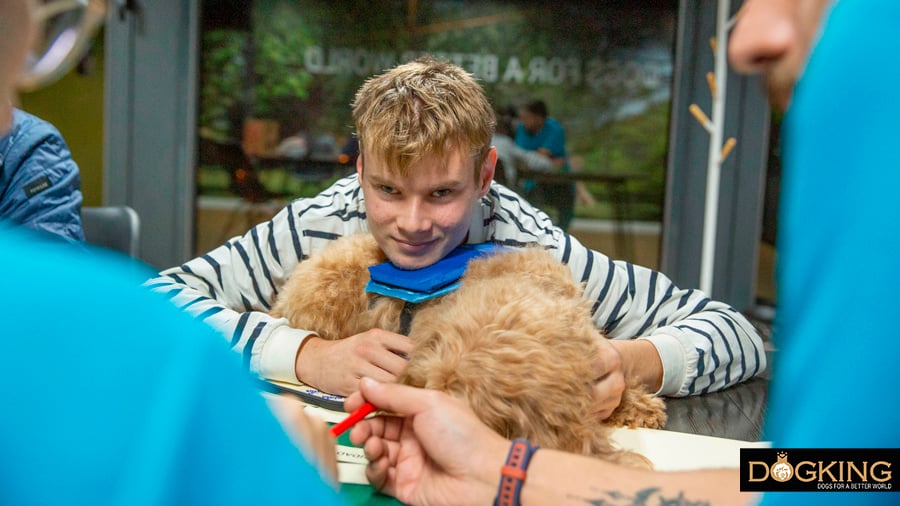
So, if you are lucky enough to enjoy the company of an Australian Cobberdog, you will be able to see first-hand what a true friendship is. It will teach you daily that the small moments and gestures are actually the biggest. That you should be treated with respect, care and empathy, and that you will never be alone or misunderstood no matter what you are like if it is the one you have by your side. In fact, this is a breed that reads people very well, so it will know how to react and support you in your different moods. In the end, it is curious that it is in these beloved animals that human values are most appreciated, even to the point of acting as therapists and teaching us to be better people.